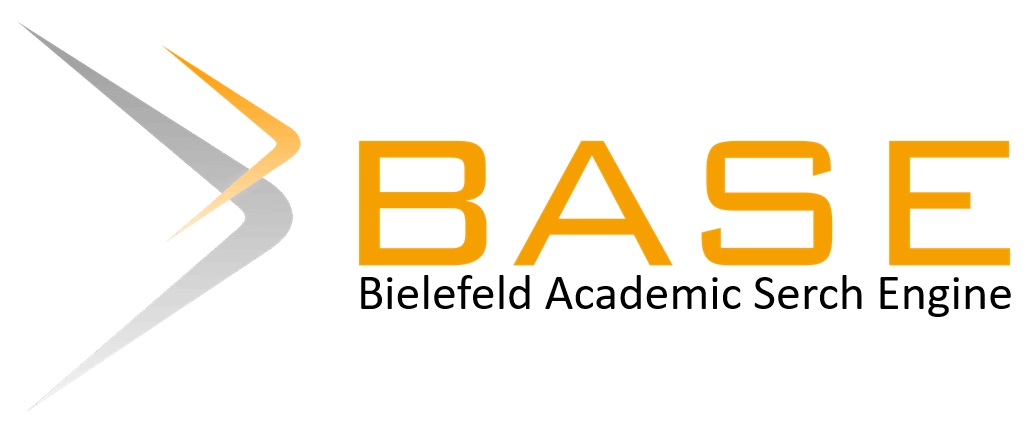Internalisasi Pendidikan ASWAJA Sebagai Konservasi Budaya di MADIN Nurul Qodim Al-Manshuriyah Pasuruan
DOI:
https://doi.org/10.35316/edupedia.v7i1.1678Keywords:
Internalisation, Education Aswaja, Culture ConservationAbstract
Internalization of aswaja education as a preservation or process as a maintenance and protection of Islamic teachings that have been carried out for generations as a tradition rooted in society, Islamic education as an answer to safeguard and prevent by providing aswaja education as a theological bulwark of Islam which is now starting to be undermined by assumptions which is discrediting. That the culture practiced by Muslims is heresy and is not in accordance with the Shari'a so that the existence of aswaja education in the education unit becomes the basis for providing an understanding of the traditions that have been entrenched in the surrounding community that have been promoted. passed from generation to generation. which is considered as local wisdom and justified by religion. This research was conducted in Madin Nurul Qodim al-Manshuriyah Tamansari, Wonorejo, Pasuruan using an ethnographic approach. The result of this study is how students internalize the aswaja education that is learned at madrasah diniyah into a concrete cultural understanding in society and can be a bastion of radicalism thinking that justifies and blames Islamic culture that has been carried out by the Tamansari community and its surroundings.
Downloads
Published
How to Cite
Issue
Section
License
Edupedia: Jurnal Studi Pendidikan dan Pedagogi Islam adopts the Creative Commons Attribution–ShareAlike 4.0 International License, which allows users to reproduce, modify, and distribute published articles in any medium for lawful purposes, provided that appropriate attribution is given to the original author(s) and the journal, the license is properly cited, any changes are clearly indicated, and derivative works are distributed under identical licensing terms.
Upon publication in Jurnal Kesehatan Vokasional, authors confer to third parties the rights to use their articles in compliance with the Creative Commons Attribution–ShareAlike 4.0 International License.
Copyright on articles is retained by the respective author(s), without restrictions. A non-exclusive license is granted to Edupedia: Jurnal Studi Pendidikan dan Pedagogi Islam to publish the article and identify itself as its original publisher, along with the commercial right to include the article in a hardcopy issue for sale to libraries and individuals.
![]()















